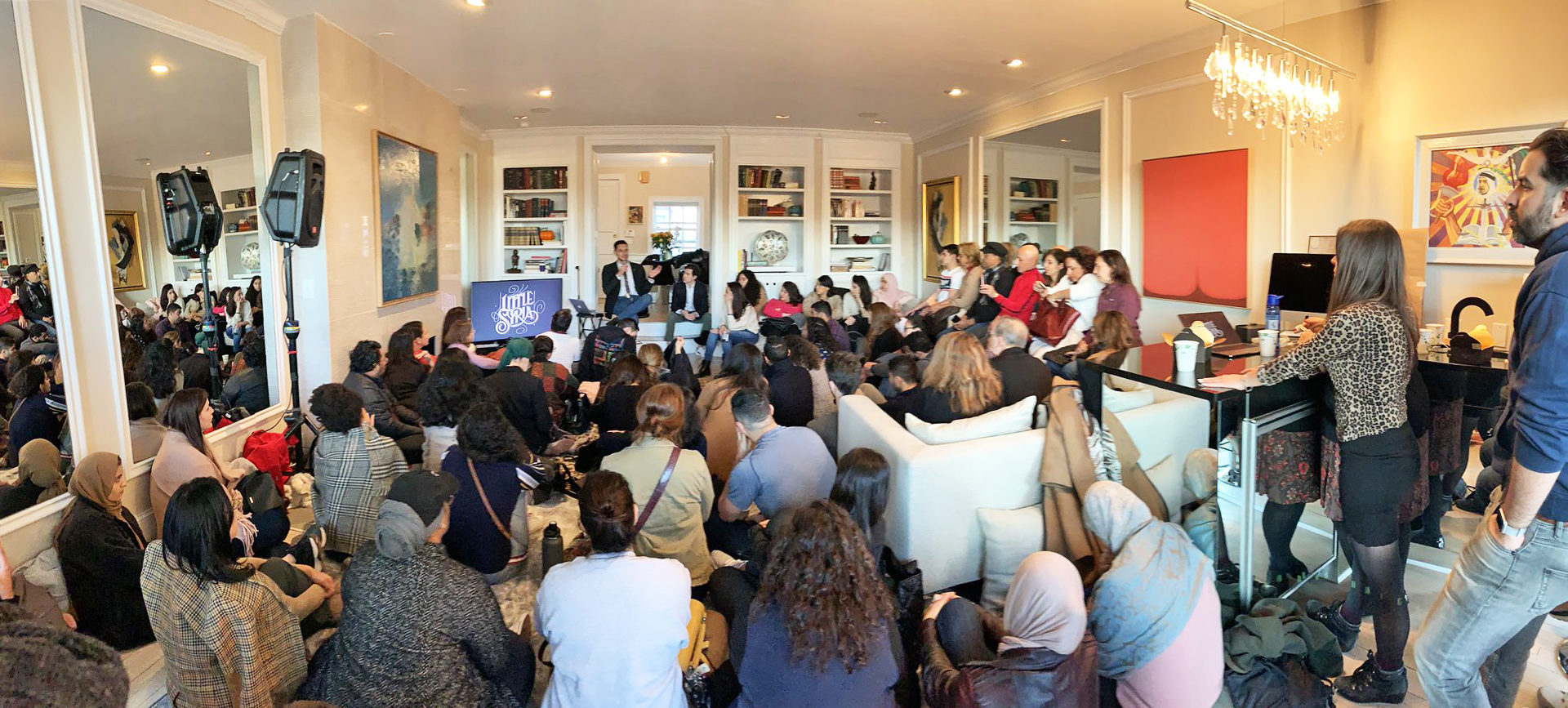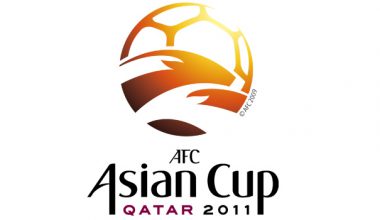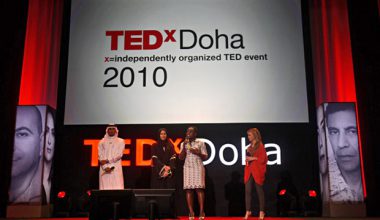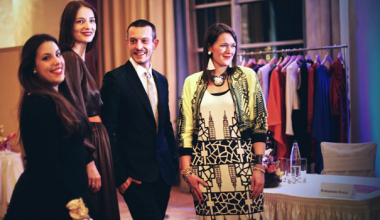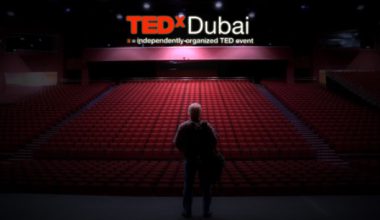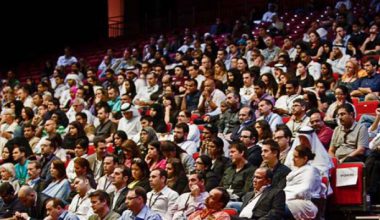Words: Saira Malik
Images: Sultan Al Qassemi
The founder of Barjeel Art Foundation, Sultan Sooud Al Qassemi is an Emirati columnist and researcher and most importantly a global citizen. Having lived in his hometown Sharjah and also in Europe and The United States to pursue his academic career, he not only has a deep understanding and love for art and culture, he is also one of the most influential global art figures from the Arab world.
Cultural Majlis was one of Al Qassemi’s personal initiatives that he founded while living abroad to promote dialogue and exchange of ideas between Arab creatives, artists, intellectuals, and students. The intimate setting was inspired by the majlis culture of his homeland. It is an age old traditional ‘seating space’ where communities and groups meet for social, political, entertainment and work conversations. But these organized meetings came to an abrupt halt at the start of the global Covid-19 pandemic.
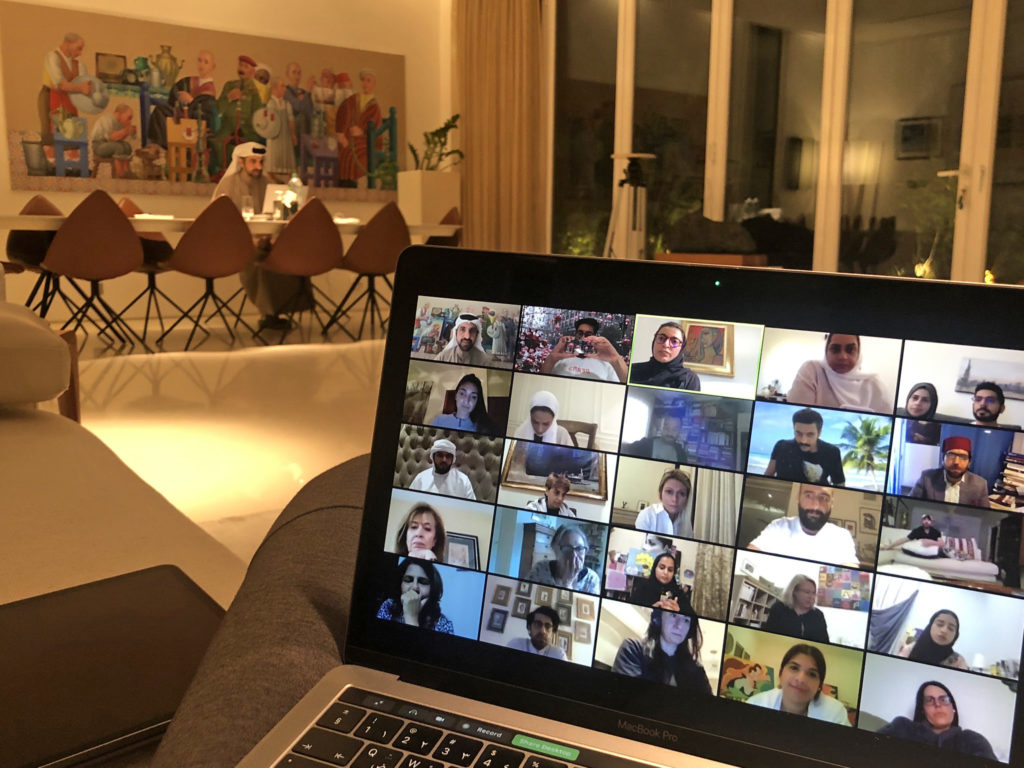
As the world switched over to Zoom, so did the Cultural Majlis and very soon, these exclusive gatherings were opened to viewers across the world to tune in on the exchange between leading academics and influential creative personalities from the region and abroad.
From interviewing the late Moroccan artist Mohamed Melehi in August 2020 to featuring Sudanese artist Kamala Ishaq, each of these weekly events drew a large audience eager to engage and be part of the dialogue.
We were fortunate to have this insightful conversation with Al Qassemi about his Cultural Majlis platform, which has provided inspiration to so many artists and creatives during the lockdown.
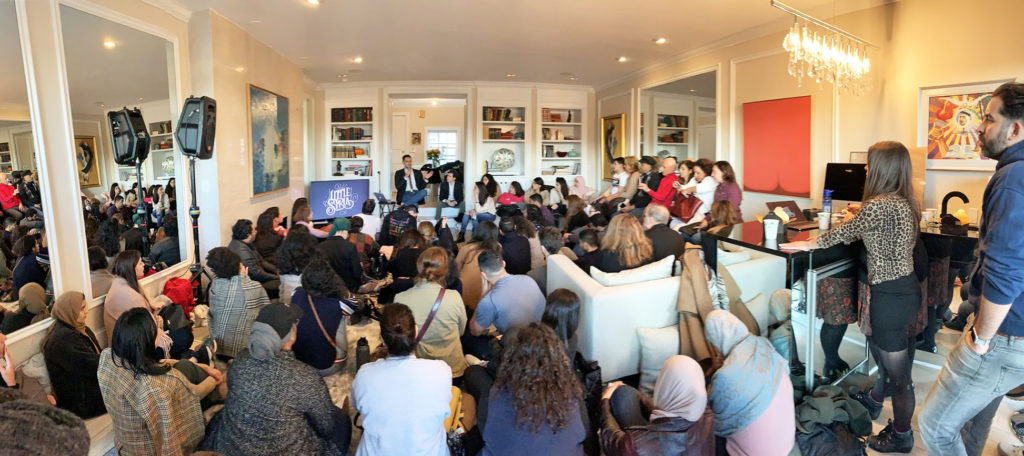
Saira Malik (SM): What was the initial premise of the Cultural Majlis gatherings hosted in cities across the world?
Sultan Sooud Al Qassemi (SSQ): When I moved to the US in 2018, I sensed there was a need for a cultural space where people of Middle Eastern and Northern African background could gather and discuss topics of culture and architecture in person, and to hear from experts in the field.
SM: How did this idea to move the platform online during lockdown occur to you and did you imagine it would gain the level of positive attention it has?
SSQ: Moving the platform online was an opportunity to expand the audience, and also record the talks which was something we never did. At the beginning of the pandemic we were attracting over 250 attendees per talk. Although that number has gone down, it is still important to host these talks and to document the careers of cultural leaders.
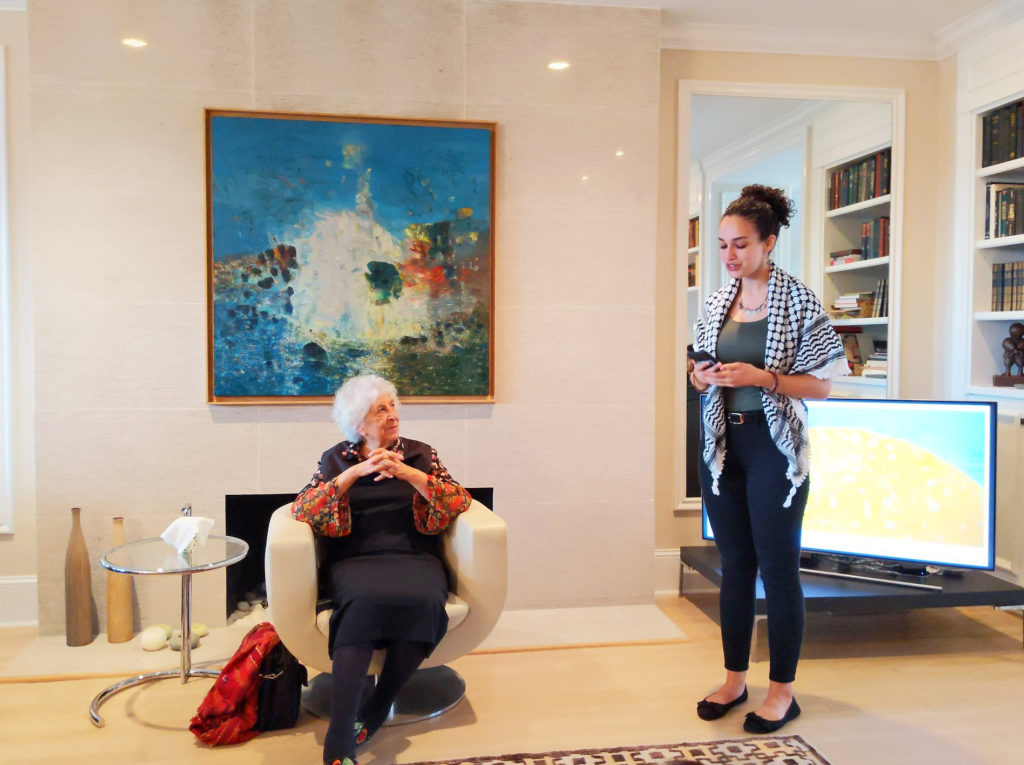
SM: Was the transition from physical events to online sessions a smooth one and which one do you prefer?
SSQ.: The transition was very smooth because I knew most of my guests in person, but I definitely prefer the in-person talks. Ultimately each has its own advantage. Online talks also gave me the opportunity to host people I would not have been able to host including artists from Sudan, Syria and Morocco.
SM: How does language (Arabic/English) play into the cultural majlis, have you felt pressure or obligation to use one language over the other? And which language, in your perspective, gets more engagement?
SSQ: I allowed each speaker to choose the language that they prefer, as this allows for a more natural session when the speaker is more at ease. Both attract engagement but the crowds differ. I was very pleased with the level of engagement of the Arabic language audience, many of whom were advanced in age, who previously did not attend the English language talks.
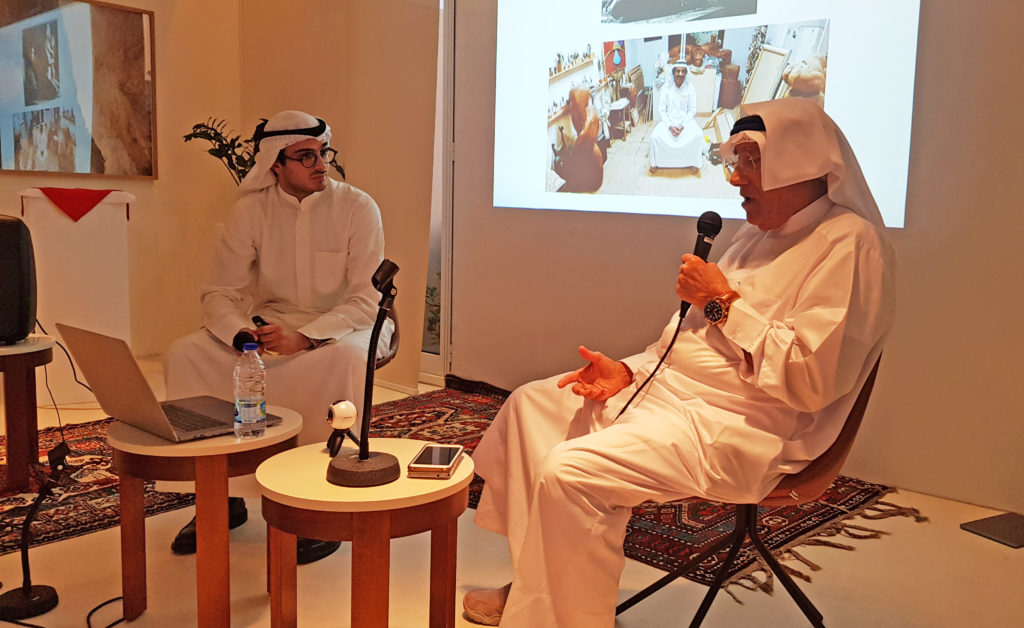
SM: Can you tell us your key priorities when planning each session?
SSQ: My priority is to give an overview of an artist's life, and not just their work. On a personal level, I am keen to know about their teachers and peers in art college—for instance Sami Mohammed's relationship with Egyptian sculptor Gamal El-Sagini during his studies at The College of Fine Arts in Cairo in the 1960's.
SM: From being a small intimate physical gathering, your audience multiplied significantly online. How did you reach these people and what is the general profile of your audience?
SSQ: I believe the quality of guests acted as a conduit to attract attendees. I also think that we began with a superstar speaker, Her Excellency Minister of Culture and Youth Noura Al Kaabi, which set the standard for the subsequent talks. The Minister shared certain information for the first time with the audience, mostly made up of people in the cultural field, including the government's artists relief fund that was being planned then.
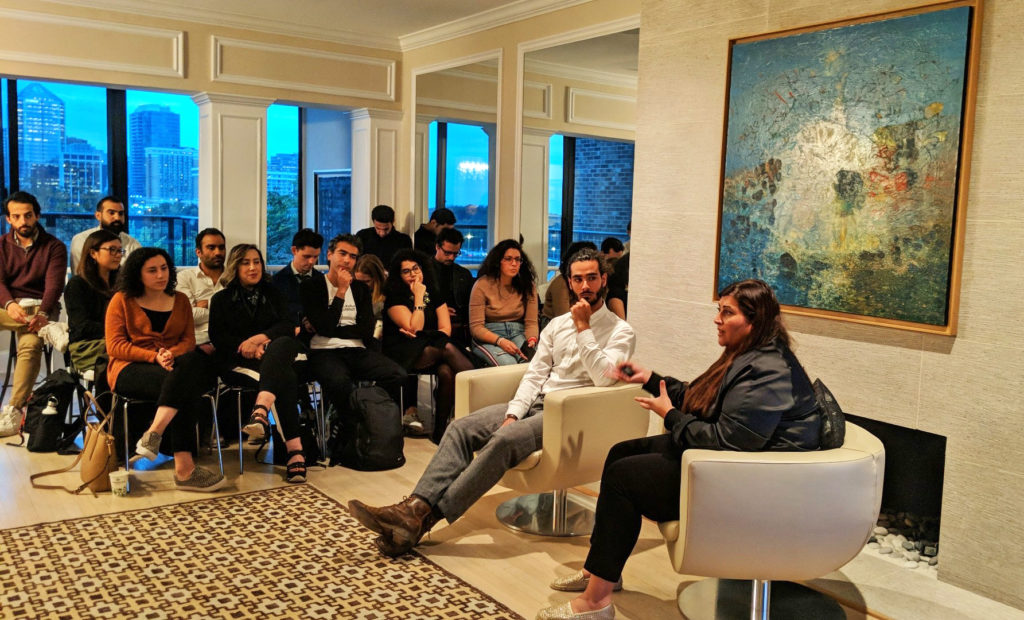
SM: Are there any plans to reach people that wouldn't necessarily be your target audience. In other words, to make these talks as inclusive as possible?
SSQ: One of my failings is not finding a platform or a way to cater for people with certain disabilities, such as the hard of hearing. We are hoping to subtitle some of these talks.
SM: There is such positive feedback from the community for these talks, is there anything in particular that has really touched you?
SSQ: The highlight of most talks for me are the 15 minutes before and after the actual talk when elderly artists communicated for the first time in months and maybe even years with their friends and family who they may have not seen for a long time. I found these minutes to be very touching as they tried their best to catch up with each other’s news even though it was in front of a live audience.
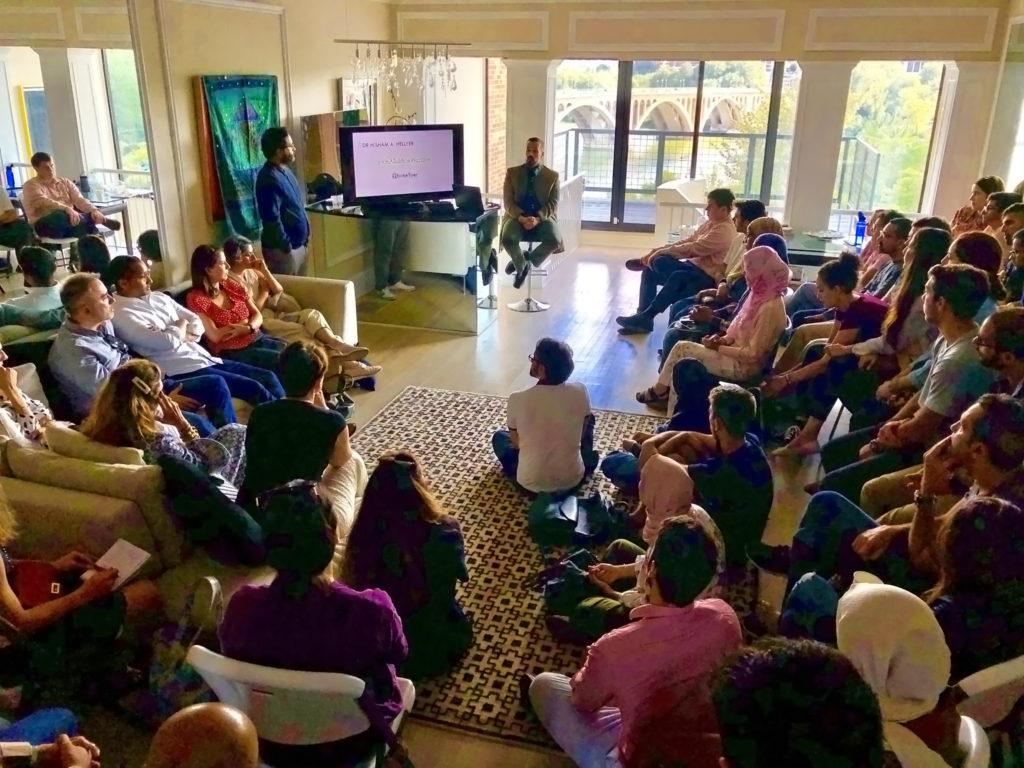
SM: What are the positives that came from these dialogues?
SSQ: These dialogues act as documentation and archiving and humanizing the artists, who become more than just a name next to an artwork.
SM: From speaking with Moroccan artist Mohammed Melehi at the 37th Cultural Majlis before his unfortunate passing two months later, to a frank conversation with the UAE Cultural Minister Noura Al Kaabi (NAK), which conversation has most resonated with you and why?
SSQ: Two that come to mind are Abd Abedi showing Palestinians who haven't been since 1948 a live view of the port of Haifa from his studio's doorstep. Many in the audience were Palestinians in the diaspora who don't have the chance to visit. And another is a conversation that brought together a surprise guest who was the estranged brother of an artist with whom communication was severed for a number of years. It was an emotional moment for their family members who knew the shared history.
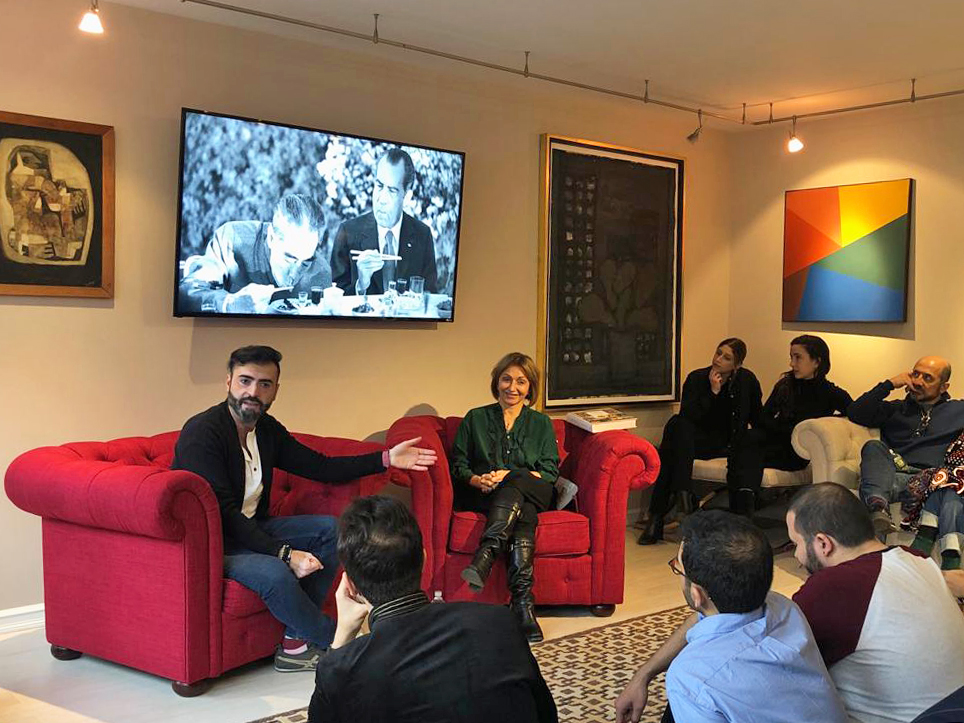
SM: What are your plans for Cultural Majlis in 2021?
SSQ: I will try to do it once a month, because I have teaching engagements at both Boston College in person and at SciencesPo in Paris online. I would also love to make a book highlighting the Majlis.
www.sultanalqassemi.com
www.instagram.com/sultanalqassemi

